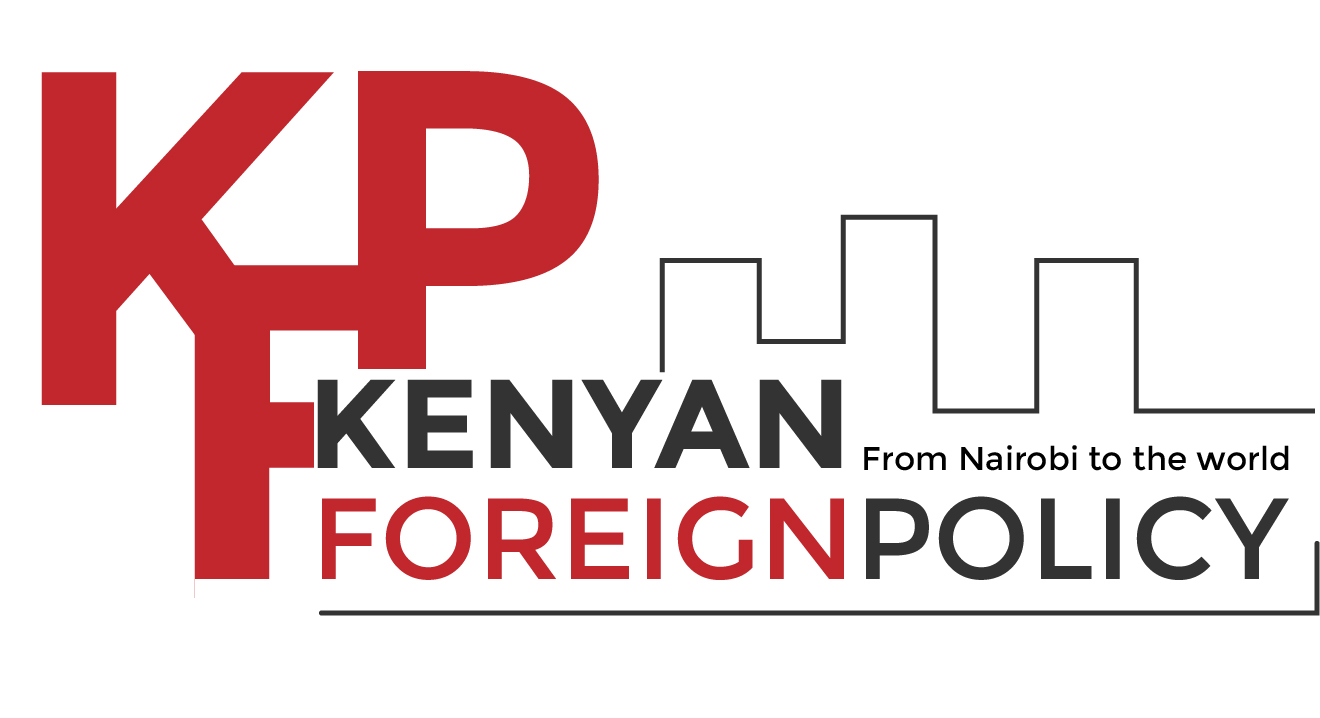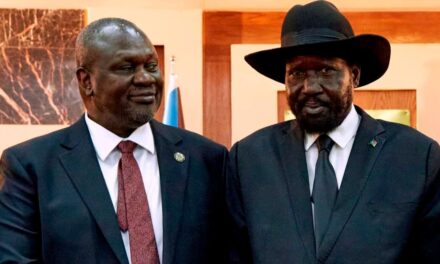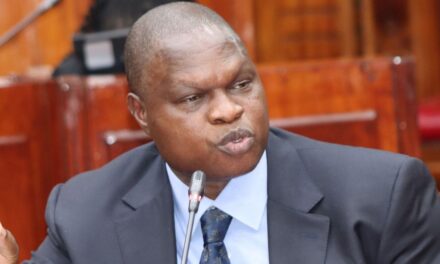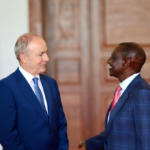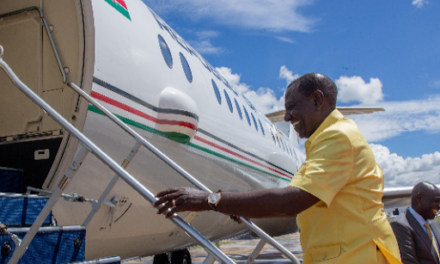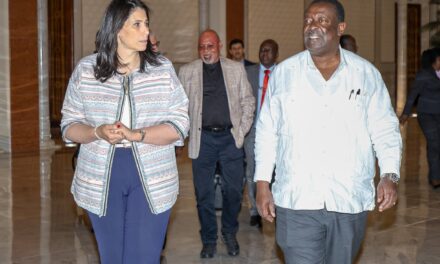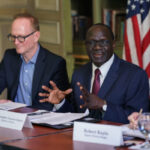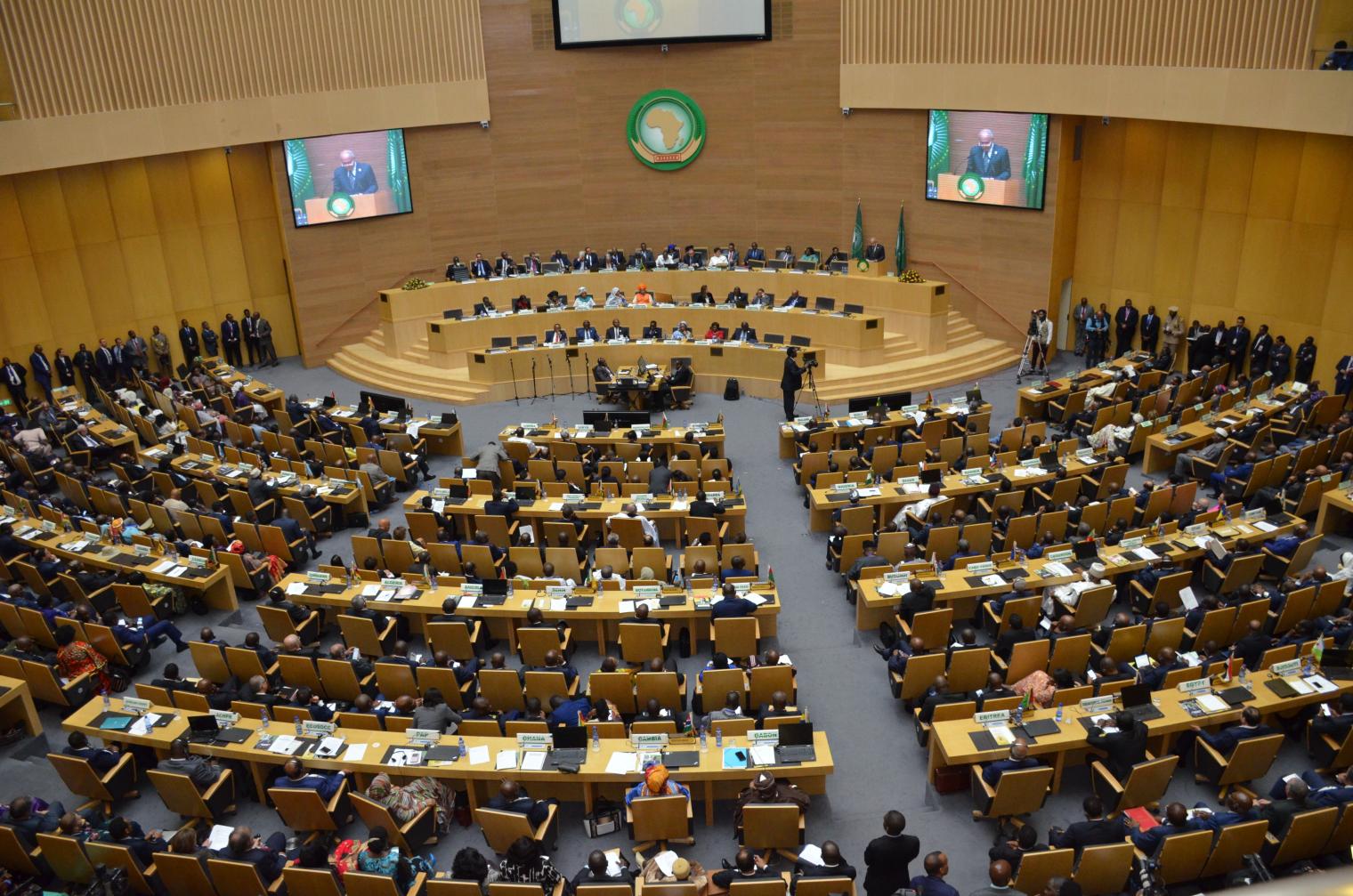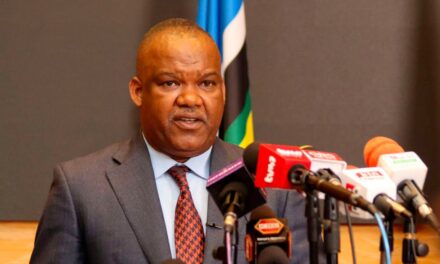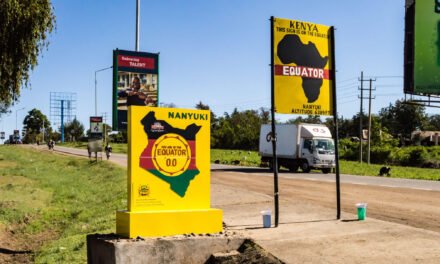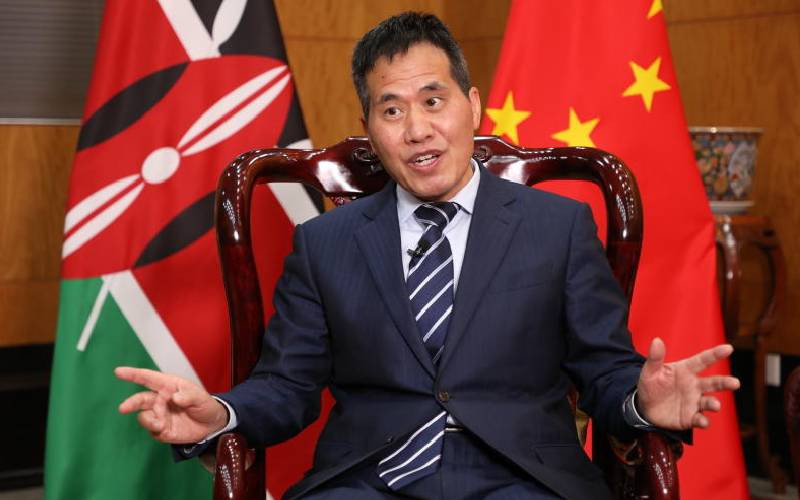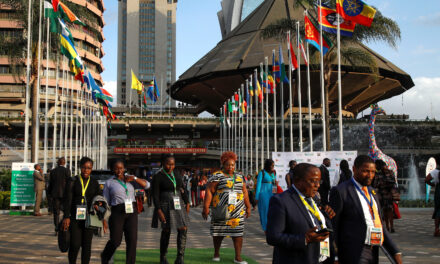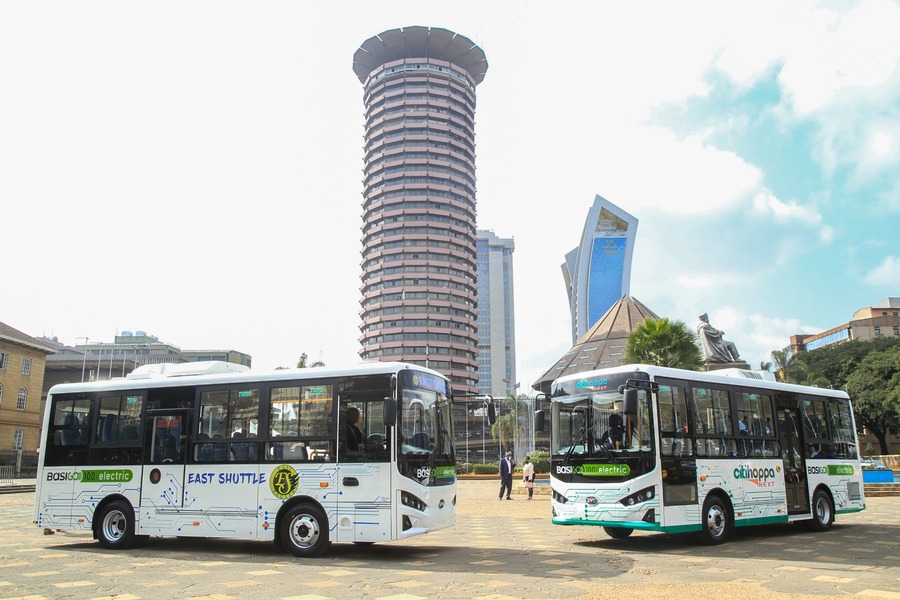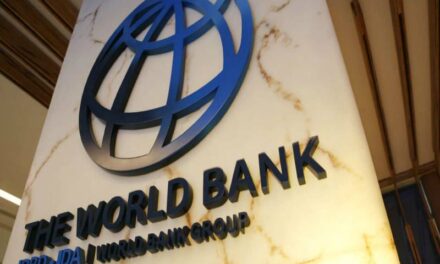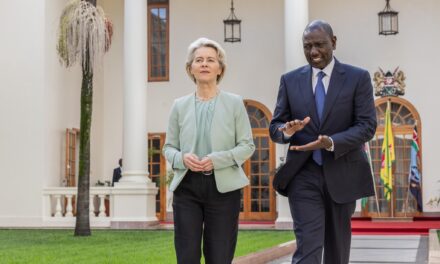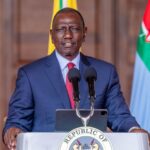
Revolutionizing African Trade: Pan-African Payment System Paves Way for Economic Integration
Posted by KFP Editor | Jul 5, 2023 | TRADE - AfCFTA
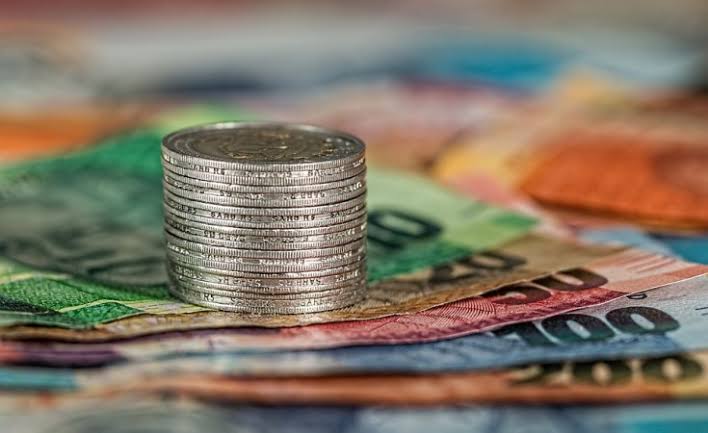

Once upon a time in Africa, a groundbreaking initiative emerged to transform how trade was conducted across the continent. It was called the Pan-African Payment and Settlement System (PAPSS), and its mission was to facilitate seamless cross-border transactions using local currencies.
Traders and governments envisioned a future where barriers to trade would be dismantled, costs reduced, and economic integration fostered. The potential benefits were immense, and hope filled the air.
The story of PAPSS began at the Twelfth Extraordinary Summit of the African Union, held in Niamey, Niger Republic, on July 7, 2019.
It was there that the African Union and the African Export-Import Bank (Afreximbank) jointly launched PAPSS as a vital instrument for implementing the African Continental Free Trade Agreement (AfCFTA).
With the AfCFTA serving as a driving force, PAPSS gained momentum.
The 13th extraordinary session of the African Union Assembly, held on December 5, 2020, reinforced the commitment to this transformative system.
The assembly instructed Afreximbank and the AfCFTA secretariat to finalize the implementation of PAPSS, reflecting the collective vision for a united and prosperous Africa.
Under the guidance of Africa’s central banks, PAPSS established itself as a reliable and inclusive platform. It welcomed commercial banks and licensed payment service providers as participants, ensuring a broad network of connectivity.
Only six central banks from AU member states have registered with PAPSS. Central Bank of Nigeria, Ghana, The Gambia, Liberia, Sierra Leone, and the Republic of Guinea. The system enjoys support from more than 40 commercial banks in the continent.
The stage has been set for a new era of cross-border trade.
As the Pan-African Payment and Settlement System expanded its reach, individuals and businesses embraced the possibilities.
No longer bound by traditional payment hurdles, they could engage in cheaper, faster, and more transparent transactions.
The economic landscape of Africa had and still has an opportunity to transform.
However, the impact of PAPSS hasn’t been felt far and wide. Borders are still obstructive, hence not fostering collaboration and cooperation among African nations.
COMMON CURRENCY
Kenyan President William Ruto has emphasized the importance of fostering economic integration and reducing dependence on foreign currencies.
While in Djibouti last month, Ruto cited the need to empower African economies by promoting trade using local currencies, a move that could bolster regional financial stability and enhance economic independence.
“Traders from Djibouti selling to Kenya and vice versa have to look for US dollars. How is US dollars part of the trade between Djibouti and Kenya? Why?” President Ruto stated emphatically. “And we are saying, Afrexim bank has given us a mechanism where traders in our continent can trade in their goods and services and the bank will settle payment in local currencies.” Said the Kenyan leader
Ruto added, that Kenya is championing the Pan-African payment and settlement system that is done by African institutions.
“Why members? Why is it necessary for us to buy things from Djibouti and pay in dollars? Why? There is no reason,” said Ruto.
He clarified that he wasn’t against the US dollar.
“We just want to trade much more freely. Let us use dollars when paying for what we are buying from the US. What we are buying from Djibouti. Let’s use the local currency,”
The proposition to utilize local currencies in intra-African trade comes as part of a broader movement within the continent to establish a self-sustaining economic ecosystem. It seeks to capitalize on the African Union’s Agenda 2063, which advocates for comprehensive socio-economic transformation across Africa.
Your support empowers us to deliver quality global journalism. Whether big or small, every contribution is valuable to our mission and readers.
